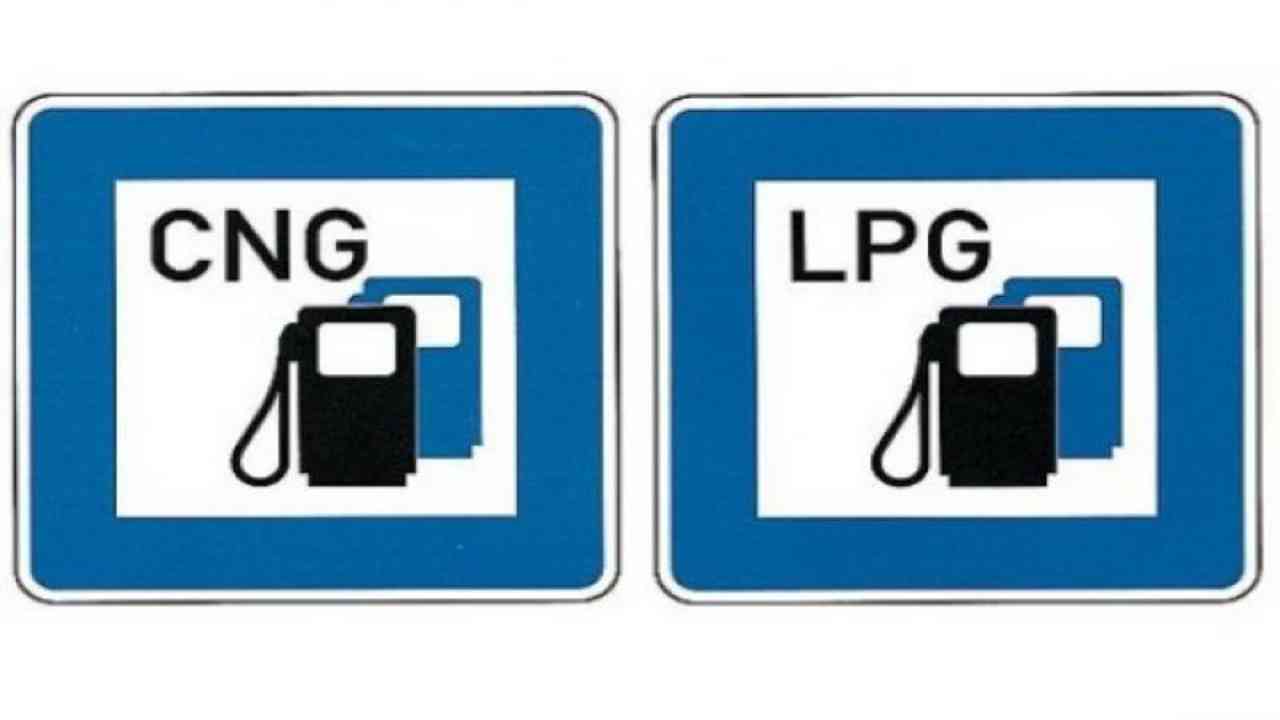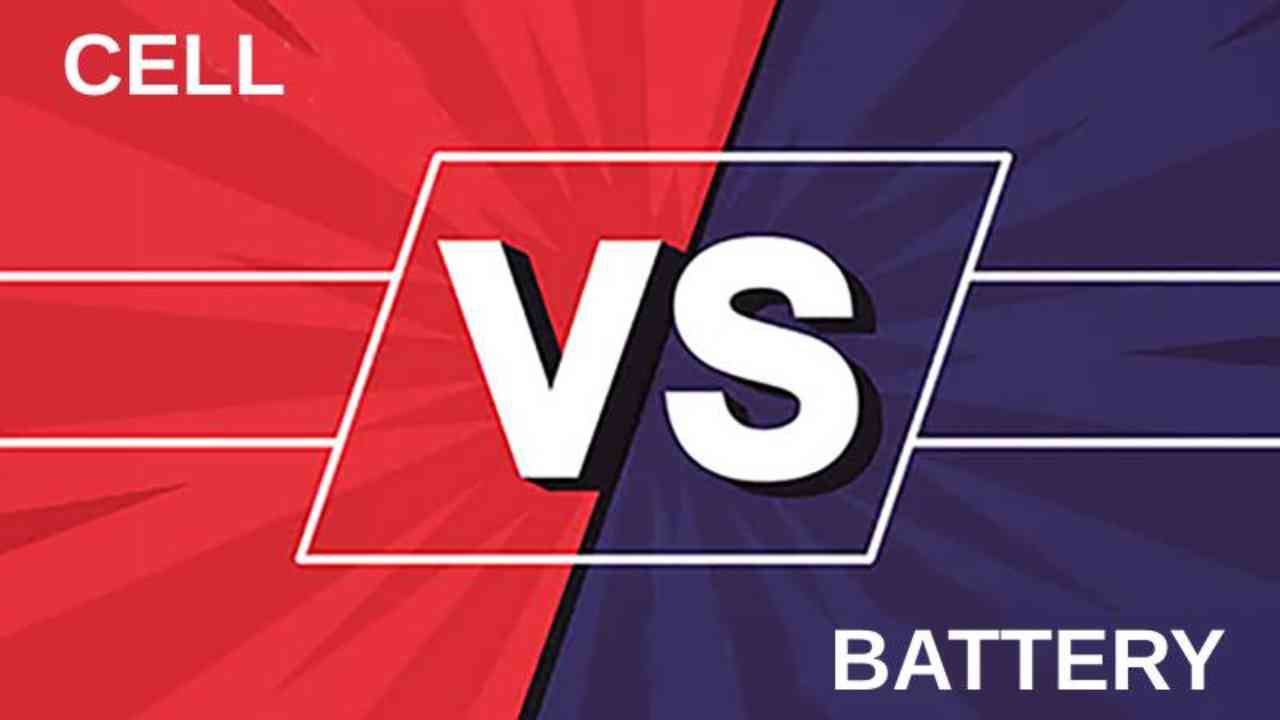Difference Between CNG and LPG: Are you considering switching to a more eco-friendly and cost-effective fuel option for your vehicle? Look no further! In this blog post, we will explore the fascinating world of Compressed Natural Gas (CNG) and Liquified Petroleum Gas (LPG). These two alternative fuels have gained popularity in recent years due to their numerous advantages over traditional gasoline. From composition and production processes to cost differences and environmental impacts, we’ll cover it all. So, buckle up as we dive into the exciting realm of CNG vs LPG!
Composition and Production Process of CNG and LPG
CNG, or Compressed Natural Gas, is primarily composed of methane gas. It is obtained from natural gas deposits found underground. The production process involves extracting natural gas through drilling and then compressing it to reduce its volume for storage and transportation.
On the other hand, LPG, or Liquified Petroleum Gas, is a mixture of hydrocarbon gases such as propane and butane. It is typically produced as a byproduct during the refining process of crude oil or extracted from natural gas fields.
The production processes for both CNG and LPG involve several steps to ensure safety and quality control. Once extracted, impurities are removed through purification methods. For CNG, compression units compress the methane gas into high-pressure cylinders for storage. In contrast, LPG undergoes a liquefaction process by cooling it down under pressure until it reaches its liquid state in specialized tanks.
Both CNG and LPG have distinct compositions due to their different sources and extraction processes. These variations influence their properties such as energy content per unit volume.
Understanding the composition and production processes helps us appreciate how these alternative fuel sources are harnessed efficiently while minimizing environmental impact
Advantages of using CNG and LPG
When it comes to alternative fuel options, both Compressed Natural Gas (CNG) and Liquefied Petroleum Gas (LPG) have their own set of advantages. Let’s take a closer look at the benefits of using these fuels.
One major advantage is the cost savings. Both CNG and LPG are generally cheaper than traditional gasoline or diesel. This can lead to significant savings for individuals and businesses alike, especially considering the fact that fuel prices tend to fluctuate frequently.
CNG and LPG produce lower emissions compared to conventional fuels. They burn cleaner, resulting in reduced greenhouse gas emissions such as carbon dioxide and nitrogen oxide. This makes them more environmentally friendly options for vehicles.
In addition, CNG and LPG engines typically have a longer lifespan due to reduced wear on engine components. The absence of additives found in gasoline also helps prevent carbon buildup inside the engine, leading to better performance over time.
Furthermore, availability is another advantage worth mentioning. While not as widely available as gasoline stations, there has been an increasing number of CNG and LPG refueling stations worldwide. This expansion allows more people to access these alternative fuels easily.
Using CNG or LPG can contribute towards energy diversification efforts since they are sourced from different natural resources compared to traditional petroleum-based fuels like gasoline or diesel.
Whether you choose CNG or LPG depends on various factors such as vehicle compatibility and availability in your area. It’s important to consider these advantages when deciding which option best suits your needs while being mindful of environmental impact too!
Difference between Illness and Sickness | Illness vs Sickness
Differences in Cost, Availability, and Refueling Process
Cost, availability, and the refueling process are important factors to consider when comparing CNG and LPG as alternative fuel options.
In terms of cost, CNG generally has a lower price per unit compared to LPG. This is due to the fact that CNG is typically produced domestically, reducing transportation costs. On the other hand, LPG may be subject to price fluctuations depending on global oil prices.
Availability is another key aspect to consider. While both CNG and LPG can be found at fuel stations across many countries, the availability of each fuel may vary depending on location. In some regions, one option may be more readily available than the other.
When it comes to refueling processes, there are some differences between CNG and LPG. For vehicles running on CNG, they require specialized compressed natural gas dispensers for refueling. These stations are less common compared to traditional gasoline or diesel pumps but are increasing in number globally. In contrast, vehicles using LPG can often be refueled at regular gas stations with special adapters or dedicated pump systems.
Understanding these differences in cost, availability, and the refueling process will help individuals make an informed decision about which alternative fuel option best suits their needs and circumstances
Environmental Impact of CNG and LPG
When it comes to the environmental impact, both CNG (compressed natural gas) and LPG (liquefied petroleum gas) offer certain advantages over traditional fossil fuels. Let’s take a closer look at how each option affects our environment.
CNG is considered a cleaner alternative fuel compared to gasoline or diesel. It produces significantly lower levels of harmful emissions such as carbon monoxide, nitrogen oxides, particulate matter, and sulfur dioxide. This makes it less damaging to air quality and reduces the risks of respiratory issues for individuals living in urban areas.
On the other hand, LPG also has its own environmental benefits. While it does emit carbon dioxide during combustion, it releases fewer greenhouse gases compared to conventional fuels like gasoline or diesel. Additionally, LPG burns more efficiently due to its higher octane rating, resulting in reduced emissions overall.
Both CNG and LPG also have minimal evaporative emissions since they are stored in sealed tanks under pressure or as a liquid respectively. This further contributes to their eco-friendly nature.
Furthermore, using CNG or LPG as vehicle fuel can help reduce dependence on foreign oil imports since these alternatives can be produced domestically from natural gas reserves within a country’s borders. This not only improves energy security but also promotes local economies.
It is worth noting that while these alternative fuels do offer environmental benefits when burned as vehicle fuel, their production processes may still have some impact on the environment through extraction methods and transportation logistics.
Applications for CNG and LPG
CNG and LPG have a wide range of applications in different industries. Let’s explore some of the common uses for these alternative fuels.
1. Transportation: Both CNG and LPG are extensively used as fuel for vehicles, especially in commercial fleets. Many taxis, buses, and delivery trucks run on either CNG or LPG due to their cost-effectiveness and lower emissions compared to traditional gasoline or diesel.
2. Agriculture: Farmers often rely on CNG or LPG-powered machinery such as tractors, harvesters, and irrigation pumps. These fuels provide an efficient option for agricultural activities while also reducing carbon emissions.
3. Residential Use: In some regions where natural gas pipelines are not available, households use LPG cylinders for cooking purposes instead of relying on wood or coal-based stoves. Similarly, CNG can be used in homes equipped with compressed natural gas systems.
4. Industrial Applications: Many industrial processes require heat generation; here is where both CNG and LPG find application as alternative sources of energy. They power furnaces, kilns, boilers, and other equipment that require high temperatures.
5. Power Generation: Large scale power plants utilize natural gas (which includes both CNG and LNG) to generate electricity efficiently with minimal environmental impact.
These are just a few examples of how versatile CNG and LPG can be in various sectors ranging from transportation to agriculture to residential use! Their flexibility makes them valuable alternatives to conventional fossil fuels across multiple industries.
Conclusion: Which Option is Better?
After examining the key aspects of CNG and LPG, it is clear that both options have their own set of advantages and considerations. The decision ultimately depends on various factors such as availability, cost, refueling process, environmental impact, and specific applications.
CNG stands out for its composition as a lighter-than-air fuel consisting primarily of methane gas. It is produced through a rigorous purification process and offers lower carbon emissions compared to traditional fossil fuels. With an extensive refueling infrastructure in certain regions, CNG proves to be a viable option for fleet vehicles or individuals living in areas with ample access to natural gas resources.
On the other hand, LPG boasts higher energy density due to its composition of propane or butane gases. It is derived from natural gas processing or crude oil refining processes. Although LPG emits more greenhouse gases than CNG when burned, modern technologies are continuously being developed to reduce these emissions significantly.
In terms of cost, availability plays a crucial role. Depending on your location and local regulations, one fuel may be more accessible than the other. Additionally, comparing prices at different refueling stations will help determine which option provides better affordability in your area.
The refueling process also differs between CNG and LPG vehicles. While both require specialized equipment for storage and dispensing purposes, the details vary based on their respective properties. Therefore it’s important to consider convenience factors such as accessibility to filling stations before making a decision.



